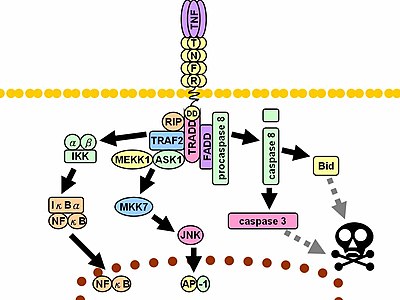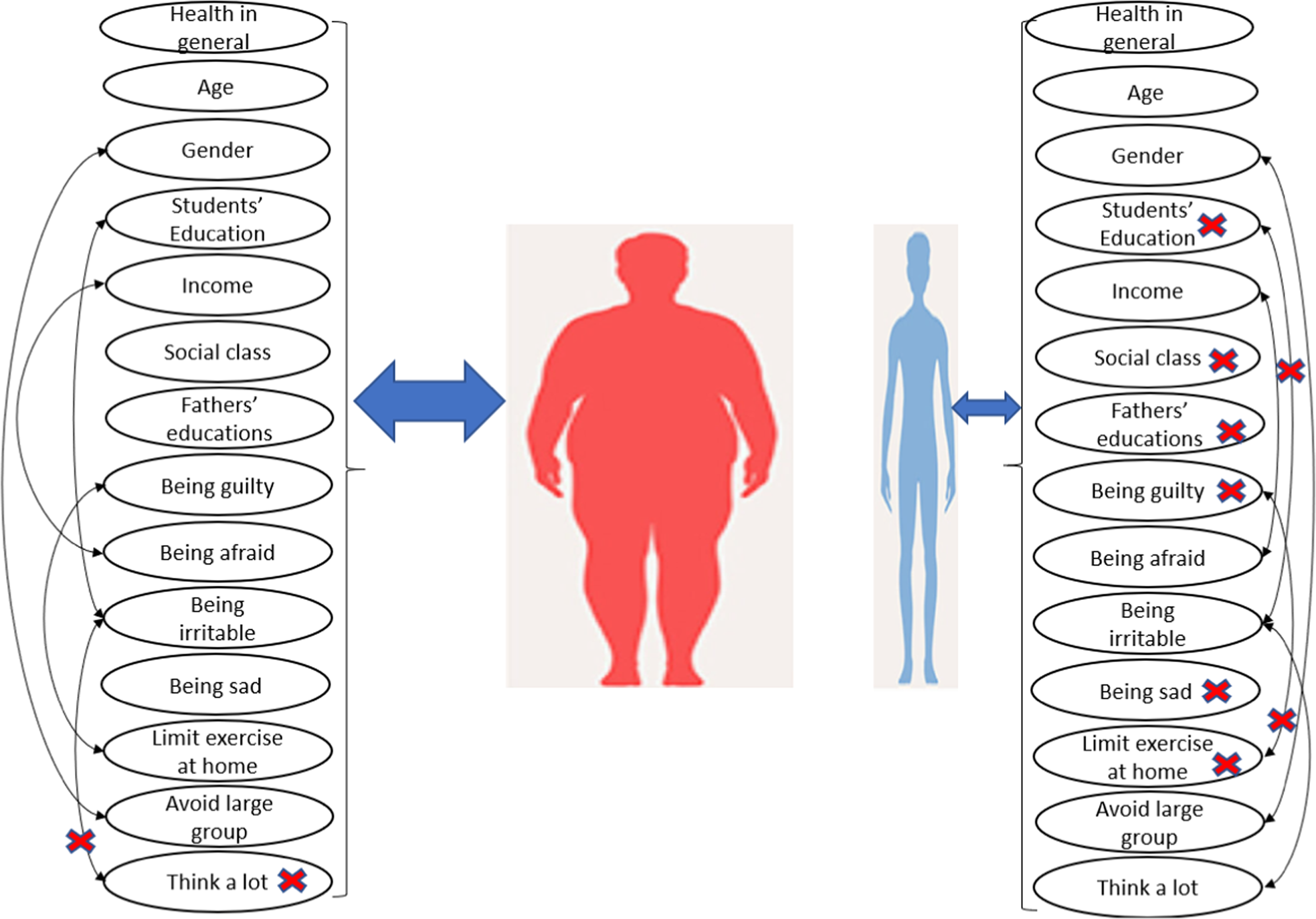
The body is equipped with so many proteins that aid it to function properly. One of those proteins the body cannot do without is the Tumor Necrosis Factor (TNF).
Table of Contents
What is Tumor Necrosis Factor (TNF)?
According to Boster Bio, TNF is a protein found in the body which helps to fight off diseases in a healthy person. However, doctors have linked Tumor Necrosis Factor to various inflammatory conditions including psoriatic arthritis in persons with autoimmune diseases. Therefore, high levels of this protein may cause painful inflammatory symptoms. Here are inflammatory conditions linked with TNF;
- Rheumatoid arthritis
- Psoriatic arthritis
- Crohn’s disease
- Ulcerative Colitis
Tumor Necrosis Factor in inflammatory conditions
The Tumor Necrosis Factor plays a vital role in the natural healing process of the body. When a human body suffers an injury or is attacked by infections, the body causes inflammation around the area of infection or injury to aid proper healing. For an inflammation to occur after an injury or infection, the body produces TNF proteins which are transported in the blood to the target area (injury or infection site) where the inflammation process is triggered. If TNF was produced in large quantities, the body goes ahead to deactivate the excess TNF remaining in the blood after inflammation to avoid excess inflammation. However, if the process of deactivating the TNF does not work as it should, the body is likely to develop an autoimmune problem.
Types of Tumor Necrosis Factor
There are various types of TNF proteins which play varying roles in the body. TNF alpha and TNF beta are the two types of TNF proteins found in the body.
Symptoms of high TNF levels
Healthy individuals must not worry if they discover that they have high-TNF levels as their bodies are capable of regulating the way they respond to high TNF and deactivating the excess TNF to avoid excessive inflammation. Some of the symptoms of high TNF levels are more noticeable in individuals who have autoimmune conditions. Learn about the TNF ELISA test which is claimed to be imperative to decipher the most inflammatory symptoms.
These symptoms may include but are not restricted to the following
- Pain (mild-severe)
- Flare –ups of underlying medical conditions linked with high TNF levels.
Medical Conditions linked to TNF

High levels of TNF can be associated with so many autoimmune problems and some of them include the following;
- Rheumatoid arthritis
- Juvenile arthritis
- Psoriatic arthritis
Rheumatoid Arthritis
Rheumatoid arthritis is an autoimmune health condition that is mostly recorded in female folks between the ages of 30-60 years. In Men, Rheumatoid Arthritis takes its time and shows up much later in their lives.
A scientific discovery by Professor Marc Feldmann and Professor Ravinder Maini in the late 1980s and early 1990s at the Kennedy Institute showed that the production of a certain type of TNF known as TNF alpha in excess quantities is the cause of the damaging inflammation found in cases of rheumatoid arthritis.
The TNF alpha which is known for triggering the destructive inflammation in rheumatoid arthritis cases does this by initiating the production of various molecules of the immune system which includes the interleukin-1 and the interleukin-6. These are part of a process that damages the body’s cartilages and bones hence causing more inflammation which may lead to autoimmune diseases.
This medical condition is characterized by the following symptoms;
- Inflammation that results to thickening of the tissues inside the joints
- Swollen and stiff joints of the hands, feet, knees, ankles, wrists and elbows
Juvenile Arthritis
This is also known as pediatric rheumatic disease. Juvenile arthritis is an umbrella term used in describing the many autoimmune inflammatory conditions that affect children below the age of 16.
Juvenile Arthritis Includes;
- Kawasaki disease
- Juvenile Lupus
- Juvenile idiopathic arthritis
- Juvenile scleroderma
- Juvenile dermatomyositis
The above mentioned diseases are commonly characterized by the following symptoms:
- Swollen joints
- Pain
- Redness of the skin
- Warmth (increase in body temperature)
They are also known to affect the GI tract, eyes, muscles etc.
Psoriatic Arthritis
This is known to affect at least 30 percent of individuals with the skin condition known as psoriasis. Psoriatic Arthritis is characterized by the following symptoms;
- Skin rashes
- Joint stiffness and swelling
- Changes in color and shape of nails
- Fatigue
- Swollen fingers and feet resulting to tenderness
- Eye problems
Other autoimmune conditions which an individual can suffer as a result of high TNF levels include:
- Inflammatory bowel disease (this is an umbrella term for gastrointestinal diseases such as Crohn’s disease and ulcerative colitis).
- Ankylosing spondylitis (this arthritis affects the spine).
Lowering TNF levels

Varying range of treatments are available to help patients of inflammatory health issues lower their Tumor Necrosis Factor Levels. These include:
- Use of TNF inhibitors
- Taking Pomegranate extracts
- Adding curcumin (found in turmeric) in your meals
Conclusion
Increased TNF levels does not mean the end of the world as it will naturally reduce if you do not have autoimmune conditions. However, if you have any autoimmune conditions you must seek the aid of your doctor as most of them can employ the use of the TNF alpha ELISA test to alleviate your symptoms. The human TNF alpha ELISA kit has been discovered to be effective in discovering medical problems associated with excessive production of TNF. Therefore, talk to your doctor when you notice certain symptoms linked with the above listed medical conditions.


:max_bytes(150000):strip_icc()/hypersexuality-f7219c0faf93488b82402d4f9d20e454.jpg)


